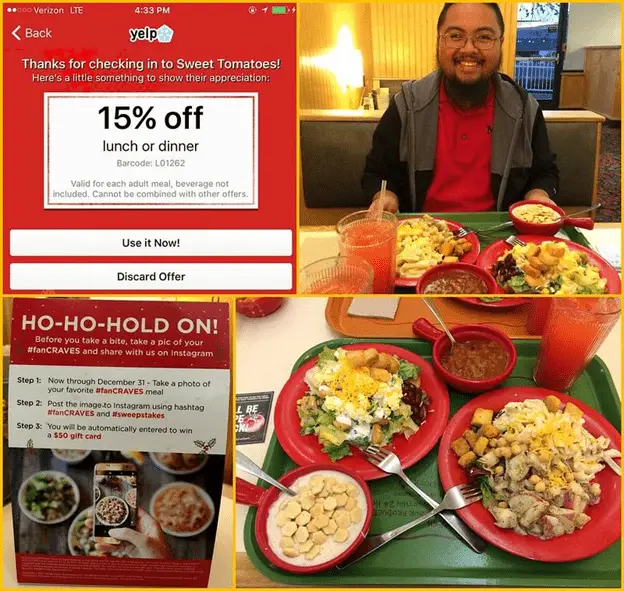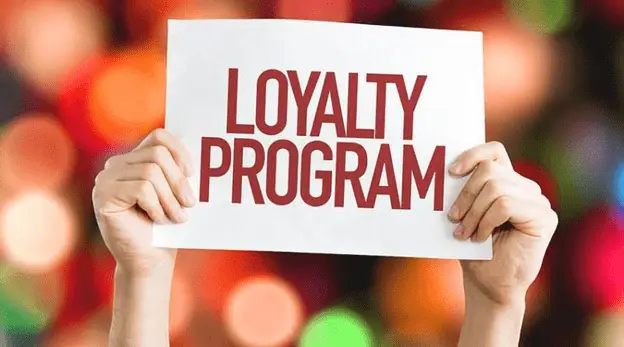5 Proven Strategies to Increase Restaurant Customer Loyalty
Consumers appreciate being members of a great loyalty program from their favorite stores and brands. A gaming lover can join a casino to play spiel space invaders not only to enjoy the slot but to take advantage of the loyalty plan the business has in place. The same can apply to the reasons individuals opt to eat from certain restaurants. It shows that restaurants should consider investing in an effective loyalty program to help boost business sales significantly. While thinking of the best loyalty program to implement in your restaurant, it’s advisable to prioritize the client’s needs. Below we will talk about what customers expect from loyalty programs so that you can have an idea of what to include in your loyalty scheme.
1. Customers Want Businesses to Care about Them
Developing restaurant loyalty programs goes beyond offering coupons and discounts. It would be best if you also put in the effort to create an emotional connection between customers and the business. A majority of consumers will only consider being loyal to restaurants that build genuine connections with them. It simply implies that you should only implement a loyalty program that anticipates and fulfills the customers’ needs.
One of the great ways to do this is by offering a birthday reward. It does not even have to be something big. Customers will appreciate this because it is personal and makes them feel special and recognized for their membership. The move can increase your clientele base when existing clients refer their friends and relatives to your business because they are happy to be part of your loyalty plan.
2. Clients Expect Accessible and Easy to Use Loyalty Programs
Customer loyalty programs for restaurants should be easy to use, accessible, and up to date. One of the best ways to meet this demand is to digitalize your loyalty program. Understand that we live in a digital age, and digitalization will undoubtedly make your loyalty program better. Digitizing your plan has everything to do with integrating digital touchpoints seamlessly into various aspects of the loyalty program. As a result, this can help drive membership engagement and participation.
Digitalization also enables the collection and analysis of preference data. Restaurants can use these details to personalize loyalty schemes, advertisements, and promotions making the programs more satisfying. They help to eliminate or significantly reduce manual processes such as:
● Constantly signing up for a program
● Identity verification
● Bringing the loyalty card to the store
● Completing warranty information
● Signing receipts as proof of purchasing products and earning points, etc.
A digital loyalty program is a way to go if you want your customers to feel valued for the business to benefit from customer retention.

3. Clients Anticipate Good Rewards
As you plan to launch any loyalty program for the hotel, keep in mind that members will expect multiple benefits from the scheme. You have to be creative with the rewards you put on the table. As you include prizes such as free food or drinks after a specific number of purchases, your restaurant loyalty program can also offer:
● Discounts on seasonal or new menu items
● Free desserts or appetizers
● Weekly or monthly deals
● Complimentary valet parking
● Gift cards or merch to “purchase” with points
● Prime seating
● Options for large or small redeemable rewards like free meals or stickers
● Extended happy hours
● Promo codes during holidays
● Exclusive restaurant mech like wine tools, aprons, and cookies, etc.
● Early reservations access or tickets for special meals, among others
The goal is to entice as many people as possible to join your loyalty scheme and keep coming back so that you can enjoy repeat sales.
4. Customers want to Pick their Rewards
Expounding further on rewards, keep in mind that not every customer is motivated by the same loyalty benefits. When working with restaurant loyalty program providers, you need to implement a loyalty program that allows members to choose the rewards that suit them best. The plan can allow members to redeem their points on small and large bonuses to keep everyone happy. An example of a scheme that executes this beautifully is the circuit described in the article, “The Power of Top Food and Beverage Loyalty Programs.”
5. Customers Want All their Questions or Concerns Addressed
After introducing a new loyalty program, you will most likely receive endless questions about what the plan is all about. You should be able to answer all the questions in a friendly, professional, and timely manner. Ensure that the restaurant staff receives adequate training concerning all the aspects of the loyalty program, including earning and redemption. It will help the team offer efficient assistance at all times to keep the scheme running seamlessly.
Your workers must also be able to pitch the loyalty program to customers demonstrating knowledge about the perks customers will get. The restaurant manager should be the last person to be consulted in case there is a complicated query. The general staff should take care of the queries or concerns without any problem.
Conclusion
To ensure the effectiveness of your restaurant loyalty program, it is vital to align it with your client’s needs and expectations. Understanding how to increase customer loyalty in a restaurant is a critical component of this process. By reading the above post, you will gain valuable insights into what clients anticipate from loyalty programs
Are restaurant loyalty programs effective? As a customer, are you a member of any loyalty program? What do you love most about this program? Kindly share with us in the comments.
About the Author
Thomas Glare is a freelance copywriter who currently lives in Nashville, Tennessee. Thomas has written a lot of pieces about the customer experience for a variety of publications, some of which include some well-known e-commerce websites. He also takes part in seminars as a guest speaker to give valuable advice on brand development. He is currently working on introducing the use of a payment system that facilitates the use of coin slots for motorists.


